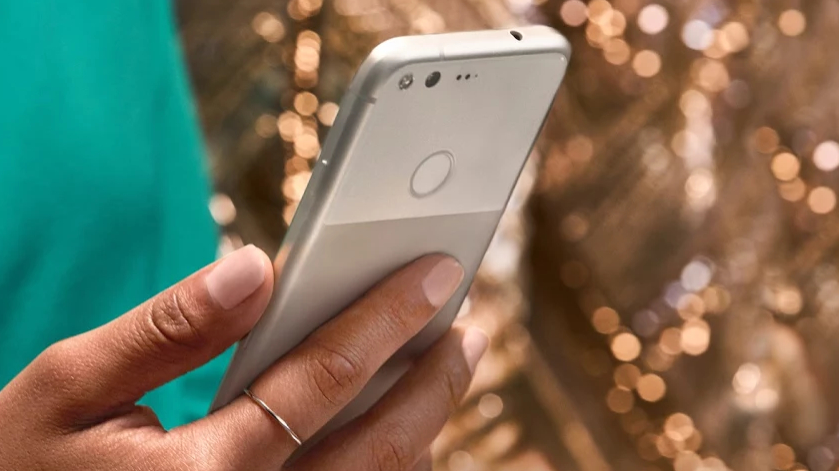Android 8.1 Oreo update lets you check the speed of public Wi-Fi networks
Take your pick for Netflix

One of the niftiest small features that Google announced it was stuffing into Android 8.1 Oreo is the ability to see the speed of a public Wi-Fi signal before you join it. Today, after a bit of a delay, that feature finally started rolling out to users.
After updating, Android's Wi-Fi Assistant will tell you if a signal is Very Fast, Fast, OK or Slow the next time you try to join a public Wi-Fi channel.
With "Very Fast," you should be able to watch high-definition video from the likes of HBO Now and Netflix; and with "OK," you should be able to do relatively simple internet tasks along the line of checking Facebook and Twitter. With "Slow," you might be better off sticking with your cellular data plan.
Keep in mind that Wi-Fi Assistant only works for public, open Wi-Fi networks as Android needs to access the signal in order to check it out. If the network is password protected, there's a good chance you wouldn't have been able to use it anyway.
If you're a business owner who doesn't like random Android users seeing this kind of information, Google has fortunately given administrators a couple of ways to opt out. On the user end, you can also disable the feature in the Settings app under Network & Internet.
Staggered delivery
Of course, being able to enjoy this feature means you need to be able to use Android 8.1 in the first place.
As we've seen, some Oreo-compatible phones such as the OnePlus 5T are resistant to Google's "Project Treble," which allows Android users to update their devices to the most current version of the popular operating system.
Sign up for breaking news, reviews, opinion, top tech deals, and more.
Complications such as this should cease to be as much of an issue in the near future, though, as Google is requiring all phones that ship with Oreo to support Project Treble.
Roadblocks such as the one we see with the OnePlus 5T are among the clear drawbacks of a highly customizable operating system that's meant to run on all sorts of devices, but with features such as Project Treble, Google has fortunately been making great strides toward lessening the frustrations with the system.
Now it just needs phone companies to play along.
- Seeking to boost your own Wi-Fi signal? Check out this year's best routers!